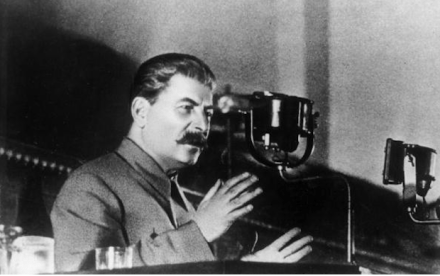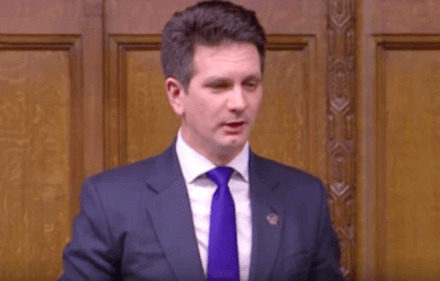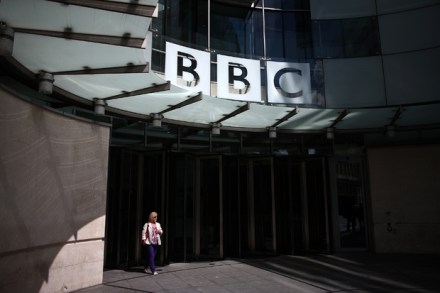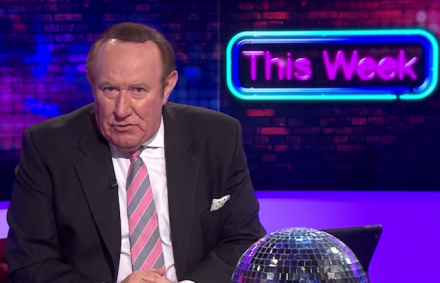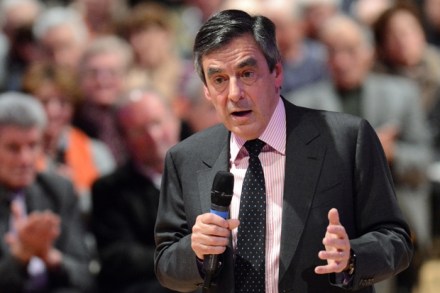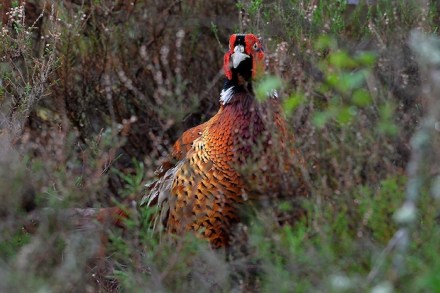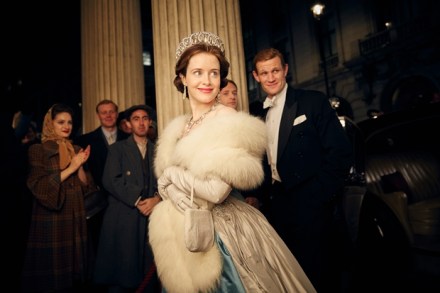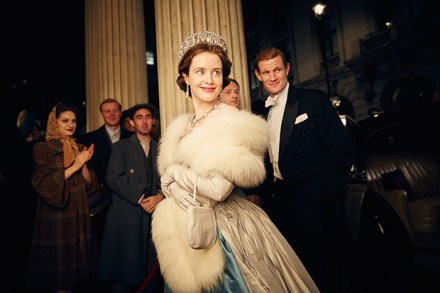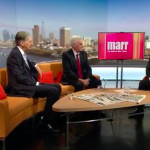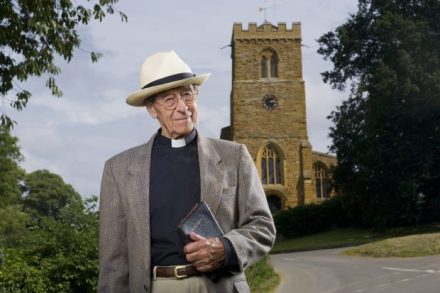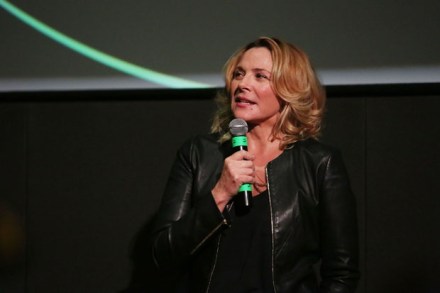Stalin’s five year plans? A success, says BBC
Following Fidel Castro’s death, the BBC were accused of giving too much airtime to tributes to the Cuban dictator. When it came to print, BBC News described him as ‘one of the world’s longest-serving and most iconic leaders’ only mentioning in the fourth paragraph that ‘critics saw him as a dictator’. So, Mr S was curious to learn that the corporation, too, is able to see the positives when it comes to other left-wing dictators of Christmas past. Step forward Stalin: The BBC teaches children that Stalin's 5 year plans were successful. https://t.co/cSsxKgcrd8 — James Bartholomew (@JGBartholomew) December 18, 2016 On the BBC’s Bitesize study site, there is a revision guide on Stalin’s Five
